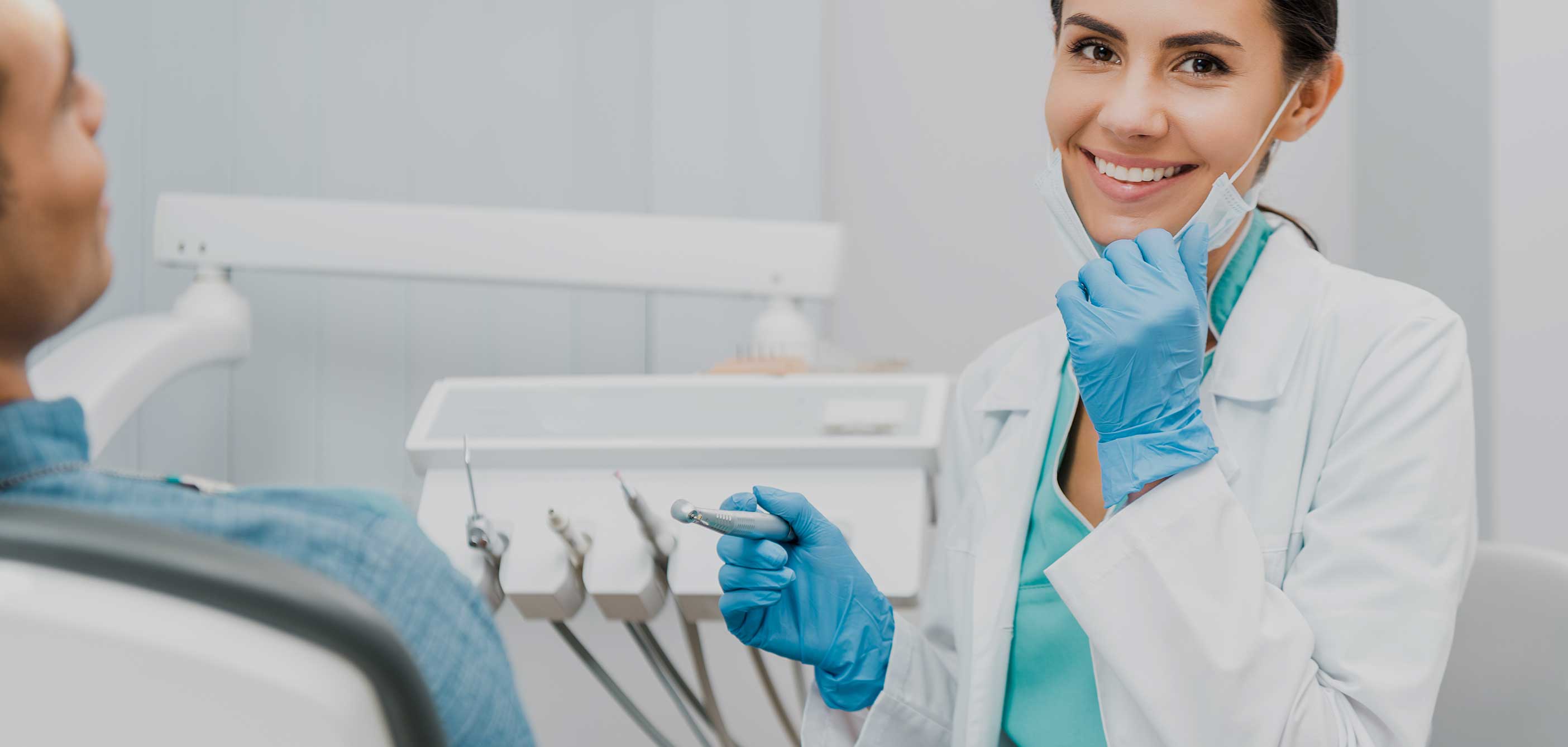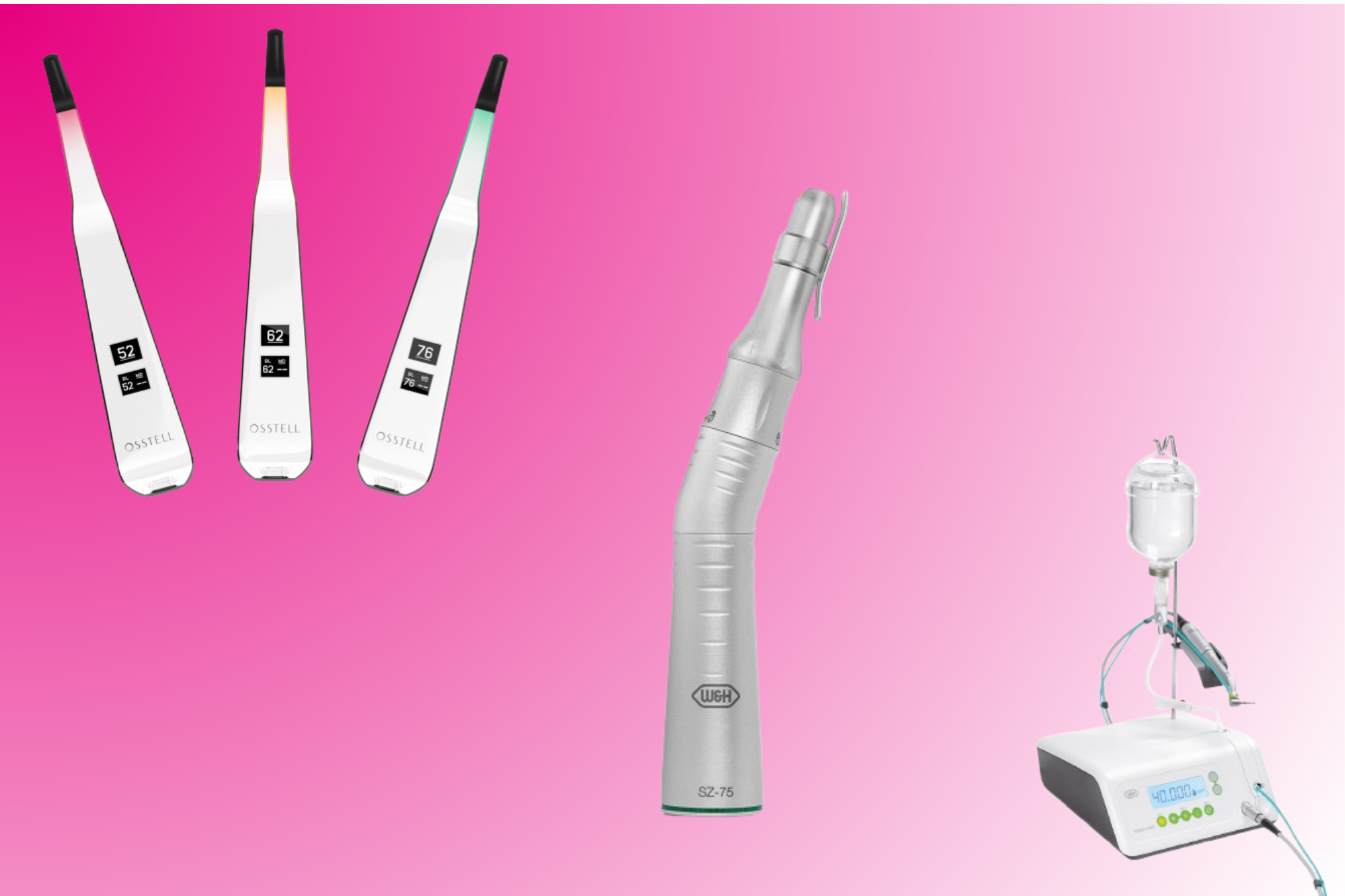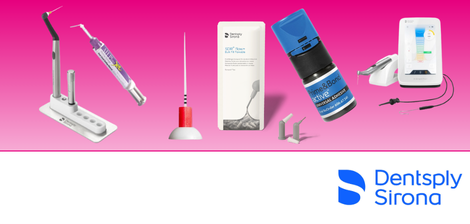How do the changes to ECPD impact you?
Finding the time to fit in all the Enhanced Continuous Personal Development (ECPD) training required by the General Dental Council can be a challenge. And yes, sometimes it can feel like a chore. But, in dentistry we’re also very fortunate to have a programme in place that encourages us to keep our skills sharp, our industry knowledge keen and on a personal level, our career progressing. After all, and in comparison, training in some professions isn’t so widely encouraged or invested in.
And the focus is shifting to encourage more dentist and dental care professionals to rethink what ECPD means for them - and focusing on quality training, rather than quantity.
All change
Recently dentists and dental care professionals have witnessed a significant change to the CPD required of them by the General Dental Council with the launch of the ECPD in January for dentists and August for dental care professionals
Some of the changes ECPD brings:
- The introduction of a personal development plan (PDP) to help record ECPD activity and aid further development
- A change in the number of ECPD hours required (100 hours for dentists, 75 hours for hygienists, therapists, clinical technicians and orthodontic therapists and 50 hours for nurses and technicians)
- There is no longer any need to submit non-verifiable CPD.
- Every course completed must meet at least one of the 4 GDC development outcomes
The changes being made by the GDC are part of its wider aim to focus on prevention instead of enforcement. And in turn demonstrate to dental professions that they’re listening and responding to their personal and professional training needs.
It also believes improving ECPD will help reduce the number of patient complaints which escalate to the GDC, ensuring they are instead appropriately raised and resolved within practice.
Personal Development Plans
All GDC registrants are now expected to maintain a professional development plan (PDP).
A PDP allows dental professionals to keep a record of their personal development and training. It can also be used to help them identify their own development needs and provides a place to outline their plan to fulfil them.
The PDP will include a log of completed activities, including date, number of hours and the development outcomes covered.
Ian Brack, chief executive of the GDC commented on the aims ahead of the ECPD launch in June 2017: “The introduction of a personal development plan helps to meet our aspirations of supporting lifelong learning and development. Having a better system for continuing professional development – with a much clearer emphasis on planning development, reflecting on learning and embedding that learning into current practice – ties in with the prevention of patient harm element which was one of the principles set out in Shifting the balance”.
Leaving it to the last minute
We’re all guilty sometimes of putting things off when we’re busy. and ECPD is no different.
This August, and just one week before annual statements were due, the General Dental Council revealed that 2,187 dental care professionals had yet to submit their 150 hours of CPD to complete their five-year cycle. Just a month earlier this figure stood at a staggering 8,500 DCPs yet to submit.
ECPD aims to change that, encouraging dental professionals to be more focused on how they manage their own professional development and spread out training more evenly across the five-year cycle.
Get personal with you ECPD
Take control of your personal and professional development with the support of training experts, DD Training and Compliance Team.
DD Training and Compliance Team offers a range of training courses all of which meet at least one of the GDCs development outcomes From Basic Life Support and Medical Emergencies to COSHH and Legionella Awareness we have your PDP covered.
DD Training and Compliance Team also offer sessions with one of their Practice Support Consultants to assist you with understanding ECPD, completing a PDP and reflective writing.



